|
BLOG
Korte and Associates
News
GET THE LEGAL ASSISTANCE YOU REQUIRE AT THIS MOMENT
|
What Are Your Rights When Your Landlord Won't Fix a Leaky Roof?
Is your roof leaking?

Dealing with a Leaky Roof in Your Florida Rental: Know Your Rights
A leaky roof can quickly turn your comfortable Florida home into a frustrating and even unhealthy nightmare. Beyond the immediate damage, it raises serious questions about your safety, health, and what your landlord is legally obligated to do.
If you're a tenant dealing with a roof leak that your landlord won't fix, you're not alone, and you do have legal rights under Florida law. Knowing these rights and how to act on them is crucial to protecting yourself and your home.
The Landlord's Duty: Florida's Implied Warranty of Habitability
In Florida, landlords have a fundamental duty to provide and maintain a safe and habitable living space. This is often referred to as the "implied warranty of habitability." While not always explicitly written in every lease, Florida Statutes, particularly Florida Statute 83.51 , outlines a landlord's responsibilities, which include:
- Maintaining the roof, windows, screens, floors, steps, porches, exterior walls, foundations, and all other structural components in good repair.
- Ensuring proper functioning facilities for heat, running water, and hot water.
- Exterminating rats, mice, roaches, ants, wood-destroying organisms, and bed bugs (for single-family homes or duplexes, this is usually the tenant's responsibility unless specified in the lease).
A significant roof leak that impacts the safety or structural integrity of your home almost certainly falls under your landlord's responsibility to repair.
Your Step-by-Step Action Plan When a Landlord Fails to Repair
Dealing with a landlord who ignores a leaky roof requires a strategic approach. Here's what you need to do:
Step 1: Document Everything (Crucial Evidence)
Before you do anything else, start gathering evidence. This documentation will be invaluable if you need to take further legal action.
- Photos and Videos:
Take clear, dated pictures and videos of:
- The leak itself (active drips, water stains on ceilings/walls).
- Any damage caused by the leak (damaged furniture, flooring, personal belongings, mold growth).
- The source of the leak, if visible.
- Any temporary fixes you've attempted, and the resulting conditions.
- Communication Log:
Keep a detailed record of every interaction with your landlord or property manager regarding the leak. Include:
- Dates and times of calls, texts, or emails.
- Method of communication (phone, email, text, in-person).
- A brief summary of what was discussed and the landlord's response (or lack thereof).
- Names of anyone you spoke with.
- Repair Estimates (Optional but Helpful): If you've sought out estimates for the repair yourself, keep these records.
Step 2: Send Proper Written Notice to Your Landlord
This is perhaps the most critical step under Florida law. You MUST provide your landlord with proper written notice before taking further action.
- Florida Law Requires Written Notice: Florida Statute 83.51 specifies that the landlord must be given written notice of the noncompliance and allowed time to fix it.
- The 7-Day Notice: For serious issues affecting habitability (like a roof leak), your landlord generally has seven days after receiving your written notice to make the repair.
- How to Send Notice:
- Certified Mail, Return Receipt Requested: This is the most important method as it provides legal proof that your landlord received the notice.
- First-Class Mail: Send a copy via regular mail as well.
- Email (and keep a copy): If your lease specifies email as an official communication method, send a copy via email too.
- Keep Copies: Always keep a copy of the notice for your records.
- What Your Notice Should Include:
- Your name and address.
- Date of the letter.
- Landlord's name and address.
- A clear and detailed description of the problem (e.g., "significant leak in the living room ceiling above the fireplace, active water intrusion during rain").
- The specific location of the leak.
- A statement referencing your landlord's duty to maintain the premises under Florida Statute 83.51.
- A clear demand for the repair to be completed within seven (7) days of their receipt of the letter.
- A statement of your intent to pursue remedies available under Florida law if the repair is not made within the specified time (e.g., "failure to repair may result in my decision to withhold rent or terminate the lease, as permitted by Florida Statutes").
Step 3: Consider Calling Local Code Enforcement
If your landlord fails to respond or repair the leak after your 7-day written notice, contacting your local city or county code enforcement office is another option.
- Their Role: Code enforcement officers inspect properties for violations of local building codes and health and safety ordinances. A severe roof leak could be considered a code violation.
- How to Contact: Search online for "[Your City/County Name] Code Enforcement." For example, in Miami-Dade County, you can typically call 311.
- After Inspection: If a violation is found, code enforcement will issue a notice to your landlord, compelling them to make the repairs. Request a copy of any inspection report.
Step 4: Understanding Your Options if the Landlord Fails to Act
If your landlord still hasn't fixed the leak after receiving proper notice and the 7-day period has passed, Florida law offers potential remedies:
Withholding Rent (Proceed with Extreme Caution!)
- This is NOT "free rent." If you choose to withhold rent, you must deposit the full amount of rent into an escrow account (or similar segregated account) and be prepared to pay it to the court if your landlord files an eviction action.
- Legal Requirement: This option is only available after proper written notice and the landlord's failure to repair a material noncompliance (like a roof leak affecting habitability) within the 7-day period.
- High Risk: Improperly withholding rent can lead to an eviction lawsuit against you.
- No "Repair and Deduct" Generally: Unlike some other states, Florida law generally does not allow tenants to "repair and" deduct" the cost from rent unless specifically agreed upon in the lease or in very specific local ordinances (e.g., Miami-Dade County has some unique provisions, but still requires extreme caution).
Terminating the Lease
- If the landlord's failure to repair a material noncompliance continues after proper notice, Florida Statute 83.56 allows a tenant to terminate the rental agreement.
- This is a serious step and should only be taken with a clear understanding of your legal standing.
Seeking Damages
- In some cases, if you've incurred financial losses directly due to the landlord's negligence (e.g., damaged property that wasn't covered by your renter's insurance, temporary relocation costs), you might be able to seek damages.
Beware of Retaliation!
Florida law protects tenants from landlord retaliation. It is illegal for your landlord to retaliate against you (e.g., raise your rent, decrease services, or file an eviction notice) for exercising your legal rights, such as reporting a code violation or seeking repairs.
When to Call an Attorney
While these steps provide a general roadmap, landlord-tenant law can be complex, and every situation is unique. It's highly advisable to consult with an experienced landlord-tenant attorney, especially if:
- Your landlord is ignoring your written notices or attempts to communicate.
- Your landlord has filed an eviction action against you.
- You are considering withholding rent or terminating your lease.
- The leak has caused significant damage to your property or your health.
- Your lease agreement contains confusing or complex terms.
- You need help drafting legal notices or understanding your specific rights.
An attorney can help you understand your specific rights and obligations under Florida law, ensure you follow the correct procedures, and represent your best interests if legal action becomes necessary.
Don't let a leaky roof ruin your home and peace of mind. Know your rights and take action.
Contact Korte & Associates today for a consultation about your tenant rights in Florida. We can help you navigate the complexities of landlord-tenant disputes and work towards a resolution.


